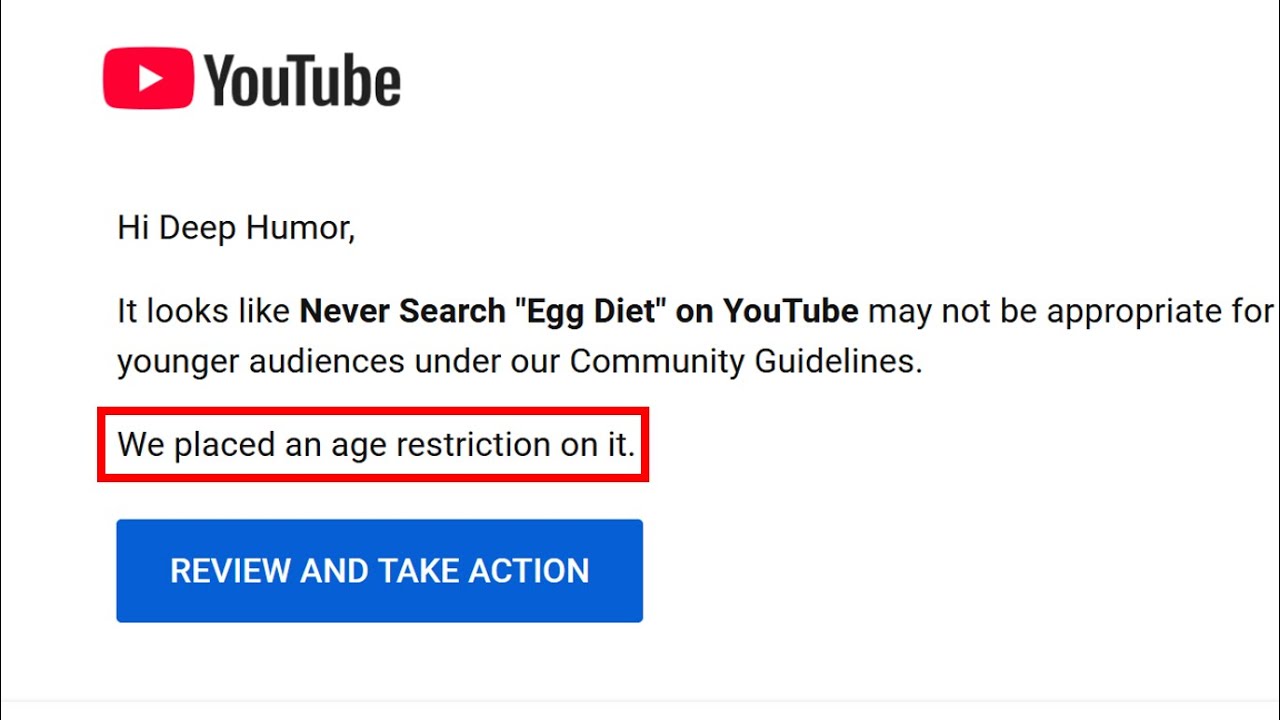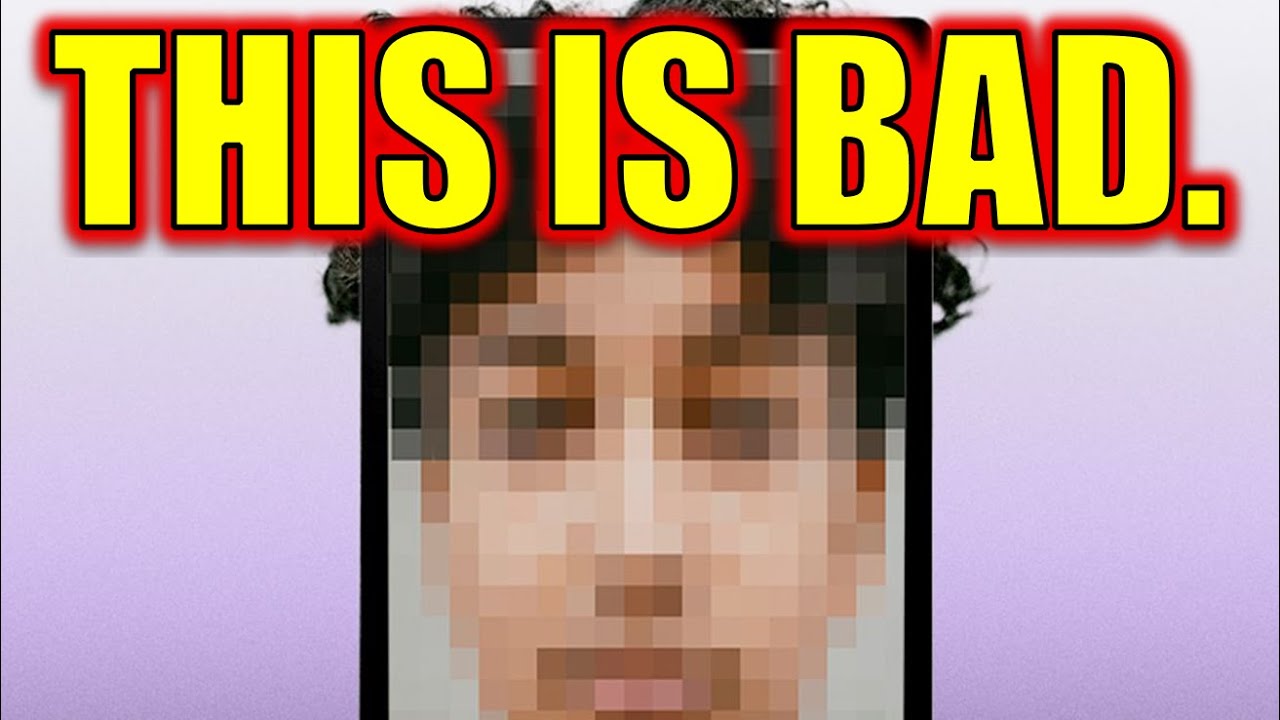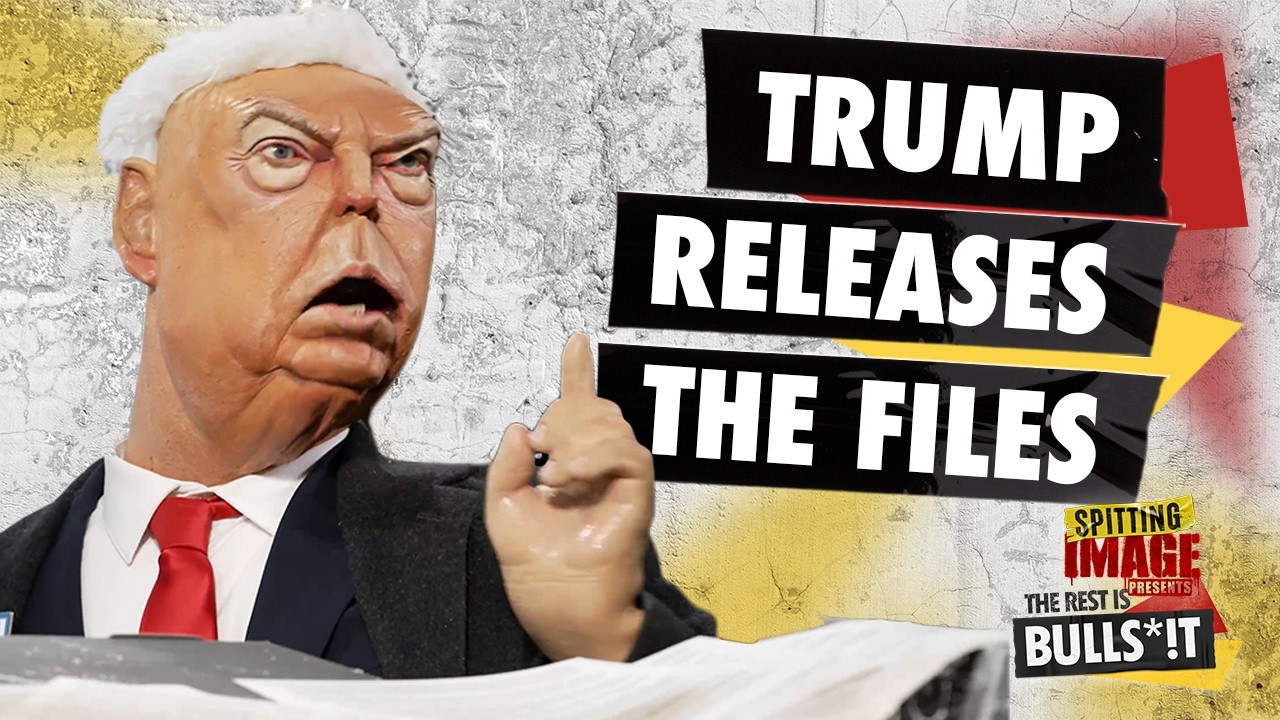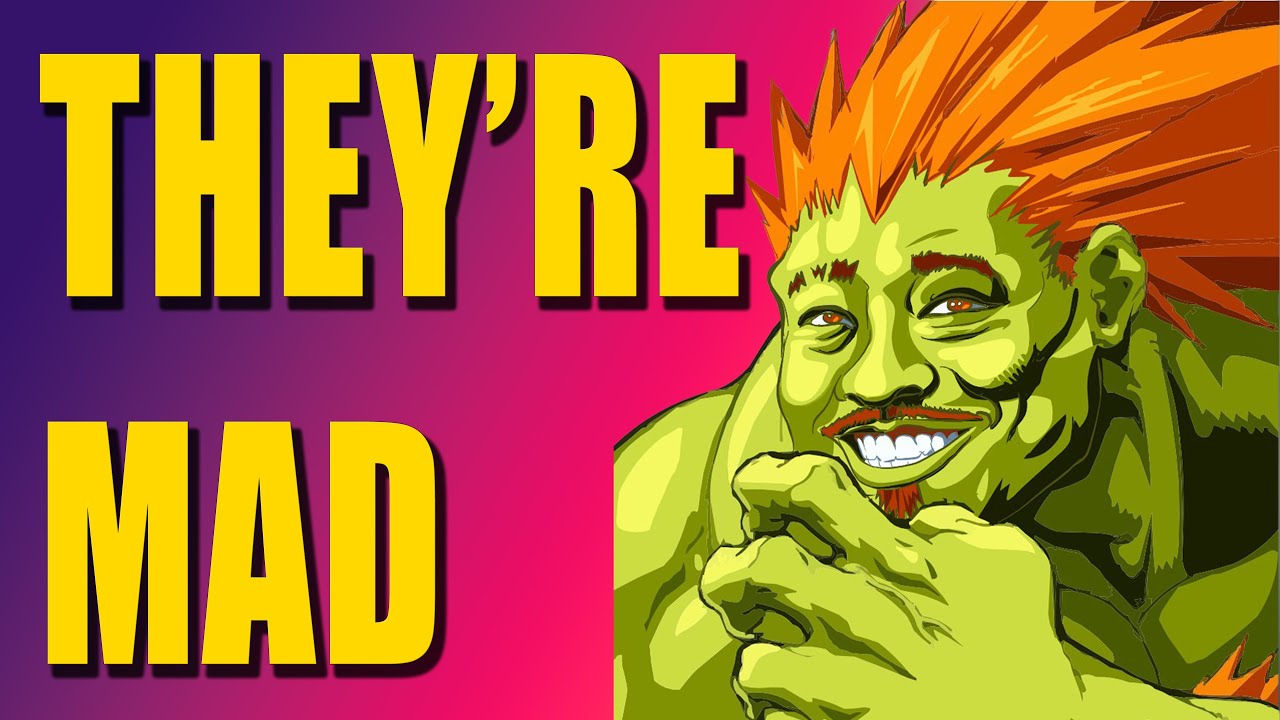►YouTube age restricted a 7 month old video about an egg search term. YouTube has constantly age restricted copyright striked, claimed, demonetized, community guidelines striked, and claimed my videos throughout the years. Let me know what you guys think about this situation in the comments below.
Deep Humor
Disney’s Living Characters: A Broken Promise
So you made a robot stand up and talk… now what? In this over 4-hour journey, Kevin follows the promise of Disney’s Living Character Initiative, a dedicated effort to populate Disney’s theme parks with free-roaming, interactive, mechanical beings. It was touted as the future of theme parks, so how’d it go?
ID Age Verification is Getting Worse
►Malaysia banned social media for everyone 16 and under, and AI ID age verification is just getting worse. Age verification keeps spreading globally and no one is talking about it…
Deep Humor
Disney’s Animatronics: A Living History
In the 1960s, Walt Disney carried the torch of one of humanity’s oldest pursuits, the search for mechanical life. The result was Audio-Animatronics, a new breed of robots designed to mimic life. In this first part of a two-part exploration into living machines in Disney Parks, Kevin explores the history of automatons and the initial development of Disney’s Animatronics.
America’s First VPN Ban: What Comes Next?
US states including Wisconsin (AB105/SB130) and Michigan are pushing to ban VPNs as part of age verification laws that compromise digital privacy for everyone. This video explains why these bills are technically impossible to implement, threaten journalists and abuse survivors who rely on VPNs, and mirror censorship tactics.
Techlore empowers individuals with practical digital privacy knowledge, security tools, and advocacy resources to protect your data and reclaim your digital identity.
YouTube’s Competitor Asked Me to Join Them.
►YouTube’s Competitor Rumble video asked me to join them. Rumble’s content manager reached out and asked me to join their platform, likely because they’ve seen my videos criticizing YouTube.
Deep Humor
What do you think? Leave a comment!
TRUMP FINALLY RELEASES THE FILES | The Rest Is Bulls*!t
Watch this week’s ep, before Studio C-Anal take it down… This week we see Starmer join the jungle, Trump FINALLY releases the files, and Netanyahu is The Wicked Witch of The West Bank.
A brand-new era of Spitting Image begins with The Rest is Bulls*!t… specially created, original short-form vodcast episodes, for all those wanting to laugh in the face of these anxiety inducing, squeaky bum times of global conflict, unhinged world leaders and megalomaniac Fin Tech bosses. The (latex) gloves are off and it’s not pulling any punches. This isn’t just satire. It’s a no holds barred up-to-the-minute assault on the world of politics, pop culture and media control.
From The White House to Windsor, from Putin to Paddington via Silicon Valley – it’s fearless, it’s as disgusting as the real people and it’s as hard-hitting as you remember – ideal entertainment for anyone with a 21st century attention span.
The SLOW DEATH Of Windows.
“I don’t think our children will grow up in a world where buying a consumer Windows laptop is a thing.” That sentence stopped me in my tracks and I had to make a video about it. The Verge (specifically influential tech journalists Nilay Patel and Joanna Stern) just dropped a nuke on Microsoft, strongly suggesting that Windows as we know it is on borrowed time. In this video, I discuss the implications of this wild Verge clip. Is Windows still inevitable? Will YOUR kids grow up in a future where consumer laptops with Windows on them don’t even exist? Let’s talk about it!
The Churches are FINALLY Getting Exposed
There’s no hate like the love of a member of the Christian Church…
Exposing the Grift: EFAP’s Comment Section Is Hilarious
Th3Birdman pisses people off, even when the video isn’t about him.
Th3Birdman dives into EFAP’s comment section, reacting to viewer commentary on a recent video. The creator examines claims about their channel’s viewership and addresses mischaracterizations. Expect a fact-checking deep dive into video statistics and audience engagement.









